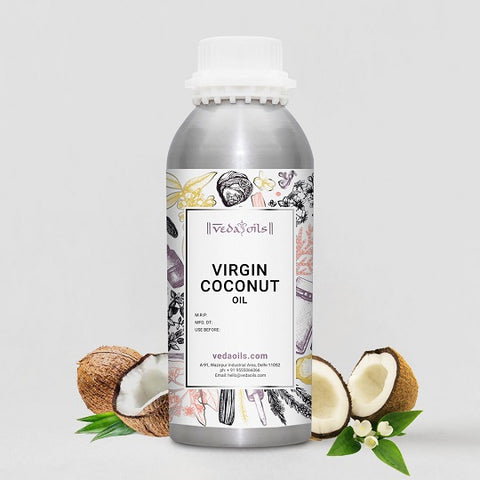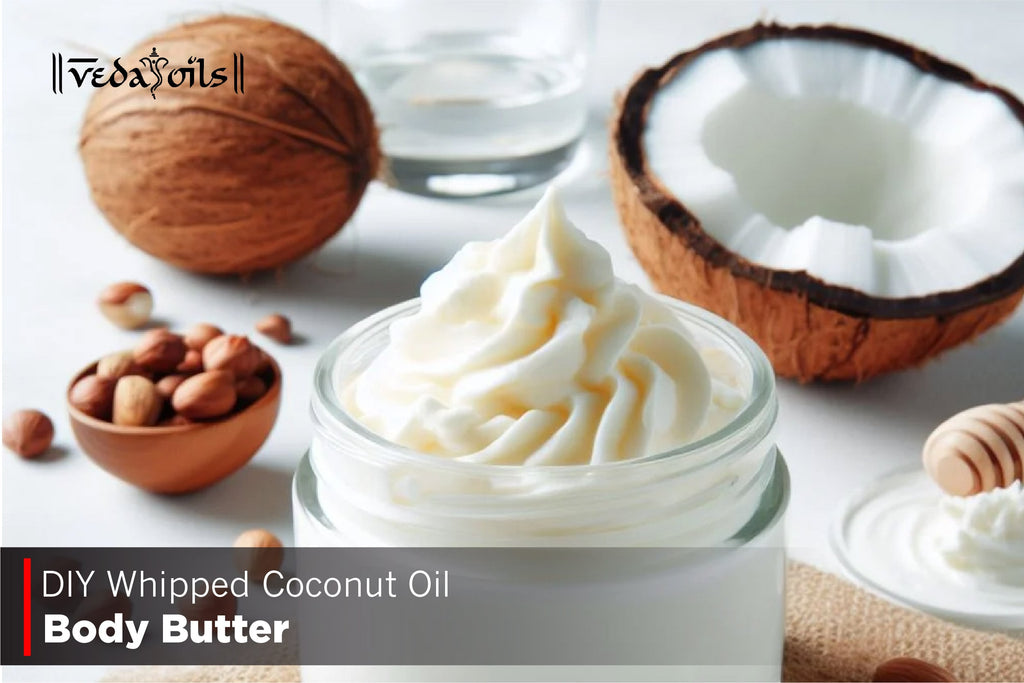Essential Oils For Appetite - Aromatherapy For Appetite Control
Essential oils like grapefruit, peppermint, lemon, ginger, and bergamot can support appetite regulation. Grapefruit oil may curb cravings, while peppermint oil invigorates and promotes a feeling of fullness. Lemon oil energizes and reduces cravings, and ginger oil aids digestion, preventing overeating.

Bergamot oil enhances mood and reduces emotional eating. It's important to consult a healthcare professional before using essential oils, especially if you have underlying health conditions or take medications. Follow dilution guidelines and safe usage practices. Remember, essential oils are not a substitute for medical advice or treatment.
Top 5 Essential Oils To Increase Appetite
Essential oils offer a natural and holistic approach to appetite management. Essential oils have distinct aromas that can stimulate the olfactory system, triggering certain responses in the brain. Five such essential oils for appetite are-
1. Peppermint Essential Oil For Hunger Cravings
Peppermint essential oil is commonly used to help reduce hunger cravings. While individual experiences may vary, incorporating this essential oil into your environment or personal inhalation practices could assist in appetite management.

Its invigorating and minty aroma provides a sense of freshness and satisfaction, curbing the desire to eat excessively. Inhaling peppermint essential oil may also support digestion and promote a feeling of fullness, helping to manage cravings associated with hunger.
2. Grapefruit Essential Oil For Appetite
Inhaling the scent of grapefruit essential oil may invigorate the senses, potentially reducing the desire for excessive snacking or overeating.

Grapefruit essential oil is often used to regulate appetite. Its uplifting citrus aroma is believed to help curb cravings and promote healthy eating habits.
3. Lavender Essential Oil For Appetite
Creating a calm environment with the scent of lavender essential oil may contribute to a more balanced mindset, potentially aiding in mindful eating practices and healthy appetite management.

Lavender essential oil, known for its calming and soothing properties, can indirectly support appetite regulation. By promoting relaxation and reducing stress and anxiety, it may help alleviate emotional eating or cravings triggered by negative emotions.
4. Virgin Coconut Oil For Appetite Suppression
Improved metabolism and the satisfying flavor of virgin coconut oil also contribute to appetite control. However, individual responses may vary, and moderation is key due to its calorie density.
Virgin coconut oil may aid in appetite suppression due to its high content of medium-chain triglycerides (MCTs) and potential effects on satiety. MCTs can promote feelings of fullness, while ketone production from the oil may reduce hunger cravings.
5. Frankincense Essential Oil For Appetite Suppressant
Despite the limited scientific evidence, proponents suggest that frankincense essential oil's aroma may indirectly impact appetite by influencing mood and emotions. It promotes relaxation and reduces stress, potentially supporting healthier eating habits.

However, further research is needed to establish its direct effects on appetite suppression. Frankincense essential oil should be used with caution, and consulting a qualified professional is recommended for personalized guidance and safety precautions.
Essential Oil Blend Recipe For Appetite
This essential oil blend recipe combines aromatic oils known for their potential to support appetite control. While individual responses may vary, aromatherapy can be a complementary tool to promote healthy eating habits. Please note that essential oils should be used cautiously, and it's always recommended to consult a qualified aromatherapist or healthcare professional before use.
Ingredients:
- Lemon Essential Oil - 3 Drops
- Ginger Essential Oil - 2 Drops
- Bergamot Essential Oil - 2 Drops
- Grapefruit Essential Oil - 4 Drops
- Peppermint Essential Oil - 3 Drops
Directions:
Step 1: Find a clean, empty glass bottle or rollerball container to store your essential oil blend. Add the specified number of drops for each essential oil into the bottle, following the given quantities.
Step 2: Close the bottle tightly and gently roll or shake it to blend the oils thoroughly. Allow the blend to sit for a few minutes to develop its aroma.
Step 3: To use, inhale the aroma directly from the bottle or apply a small amount to a diffuser or personal inhaler. Alternatively, dilute the blend in a carrier oil (such as coconut or jojoba oil) and apply a small amount to your wrists, temples, or chest.
Step 4: Take a few deep breaths, inhaling the scent of the blend. Allow the aroma to uplift your mood and potentially support appetite control. Use the essential oil blend as needed, particularly before meals or when cravings arise. Reapply as desired.
Step 5: Remember to store the blend in a cool, dark place away from direct sunlight. If any adverse reactions occur, discontinue use and seek medical advice.
Conclusion
While there is limited scientific evidence, using essential oils for appetite control is popular. Aromatherapy may indirectly support healthy eating habits by influencing mood and emotions. However, individual responses may vary, and it's important to consult a professional before use.
You May Also Like:
Buy Products
-
 Frankincense Essential Oil
Frankincense Essential Oil -
 Ginger Root Essential Oil
Ginger Root Essential Oil -
 Grapefruit Essential Oil
Grapefruit Essential Oil -
 Lavender Essential Oil
Lavender Essential Oil -
 Peppermint Essential Oil
Peppermint Essential Oil
Related Articles
Disclaimer :- This article is intended for informational and educational purposes only and should not be considered a substitute for professional medical advice. For specific health concerns or treatment, please consult your personal physician. The article's editor, writer, and VedaOils organization do not assume any responsibility for any health outcomes resulting from the information provided. Readers are strongly encouraged to seek advice from their physician before acting on any recommendations made in these articles.

















 Sign in
Sign in Register now
Register now My Reward Points
My Reward Points










